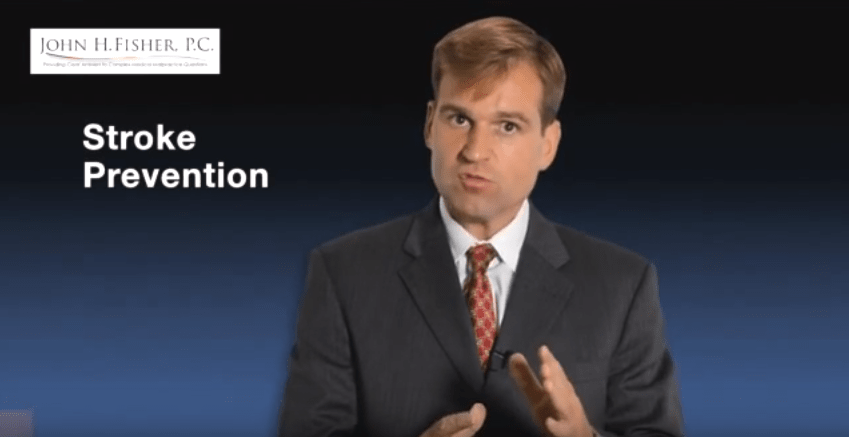How To Tell If You Have A Case For A Failure To Diagnose A Stroke
Strokes can be devastating and a leading cause of brain damage, partial paralysis, and death.
In some cases, you may have warning signs that you are about to have a stroke. The warning signs are known as a TIA or transient ischemic attack and they are caused by a temporary interruption of blood flow to your brain. When blood flow to your brain is temporarily stopped for a few seconds, this can cause a mini-stroke where you suddenly lose consciousness or pass out.
A mini-stroke or transient ischemic attack is a sign that you may be on the verge of a stroke. Testing should be done to find out why you had the mini-stroke—perhaps you have a blockage of the carotid arteries that supply blood to your brain or you have an infection in your heart called bacterial endocarditis. An echocardiogram of your heart and an ultrasound of the carotid arteries in your neck are among a bunch of tests that might show why you had the mini-stroke.
Once you discover what caused your mini-stroke, you can remove the blockages in your carotid arteries or receive antibiotic treatment at a hospital for your bacterial endocarditis. The treatment of the medical problem will prevent a devastating stroke before it occurs.
In some cases, the cause of the mini-stroke cannot be found with the tests. But in other cases, you may have an easily fixable medical condition that caused the mini-stroke, such as a partial blockage in your carotid arteries. Malpractice by a physician happens when he fails to do testing to find the cause of the mini-stroke.


